A single parking space in Hong Kong has sold for $765,000 according to this Toronto Star article.
$765K Canadian Dollars!
My parents bought a couple of parking spots in Hong Kong for self-use for $367K late last year.
Of course, my parents’ parking spaces are in the different area from the one mentioned in Toronto Star.
My mom did get a call from real estate agent asking if she would be interested in selling one making a quick gain of $83K after a couple of months of ownership.
Her parking space is now worth $450K Canadian dollars.
They weren’t looking much at the economic fundamental; they bought these spots for personal use.
The Toronto Star article made some great comments.
The number of parking spaces available grew by 9.5% from 2006 to 2016. Car population has increased 49% in the same period.
The average price of parking space there is now $375,000, a sixfold increase since 2006. Housing price increased by 3.4 times during the same period.
Who would have known that parking spots are better investments than houses/condos?!
This is economic 101, supply and demand.
The higher the demand, the lesser the supply, the higher the price.
Hence why my parents paid $367K Canadian dollars for a parking space.
Let’s apply this simple principle to the Toronto real estate market.
We immigrated to Canada in August 1999. We immediately rented a place to settle down.
I wouldn’t say my parents were real estate investors back then. We rented for the first year and got kicked out by our landlord because she needed to sell the place. (It was probably true that landlords weren’t allowed to kick tenants out even 20 years ago, but we didn’t know any better.)
We wanted to buy immediately, but you know, you always have one of those friends who tell you stories why you shouldn’t buy.
My mom’s friend lived in Richmond Hill at the time. She was in the process of getting a divorce and selling her place. It was a 4 bedroom subdivision home, big house.
She didn’t make any money selling. Indeed, she lost money selling the house.
My mom got skeptical and didn’t get a house immediately. We eventually got our Toronto family home, a small linked house, in 2002.
Looking back at the immigration statistics in Canada, we have been getting more or less 250 thousand immigrants annually for the last 20 years.
To give you some perspective, the City of Oakville has a population of around 200 thousand people.
The city of Burlington, where I live, has more or less 200 thousand people.
In another word, we have about a city of people coming in every single year.
Why would my mom’s friend lose money back then, since the immigration numbers were still consistent 20 years ago?
One possible answer to that was – we still got lots of lands back then. Lots of supply for new housing.
And now, with 20 more years of immigrants, 20 years x 250,000 immigrants annually, we got 5 million people. 40% comes to Ontario historically.
The land isn’t expanding. We have been building a lot of new homes in the same period and used up the previously vacant land quickly.
(I used to pass multiple farmlands to golf at Angus Glen, now they’re all houses on the farmlands.)
Bank of Canada raised the interest rate again. Some real estate investors are worried to get into the market.
People ask me if I am worried to invest in real estate.
I am because I know rates are not going to stay low forever, so I buy properties that have a cash flow that can cover all expenses.
And I am not, because I know supply and demand.
Supply is limited by land and greenbelt surrounding us.
Demand is growing by 40% of 250,000 new immigrants that come to Ontario every year. 😊
Until next time, happy Canadian Real Estate Investing.
Cherry Chan, CPA, CA
Your Real Estate Accountant
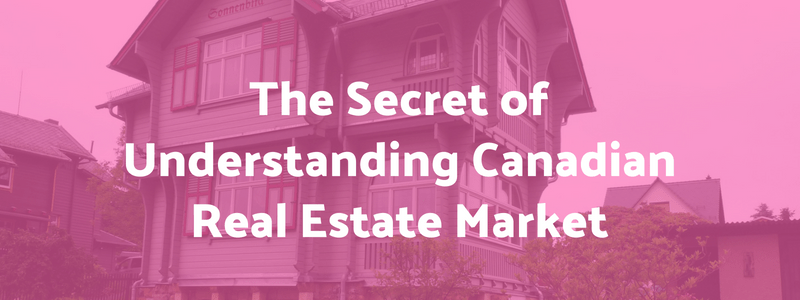
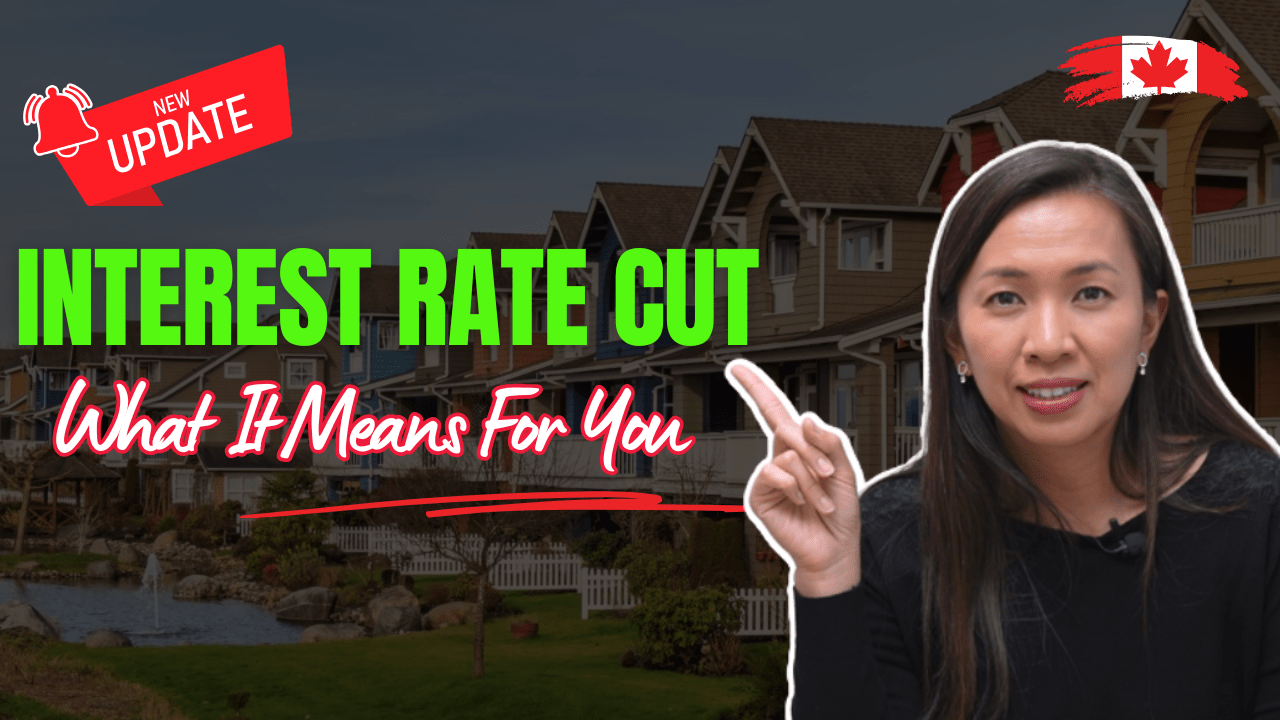

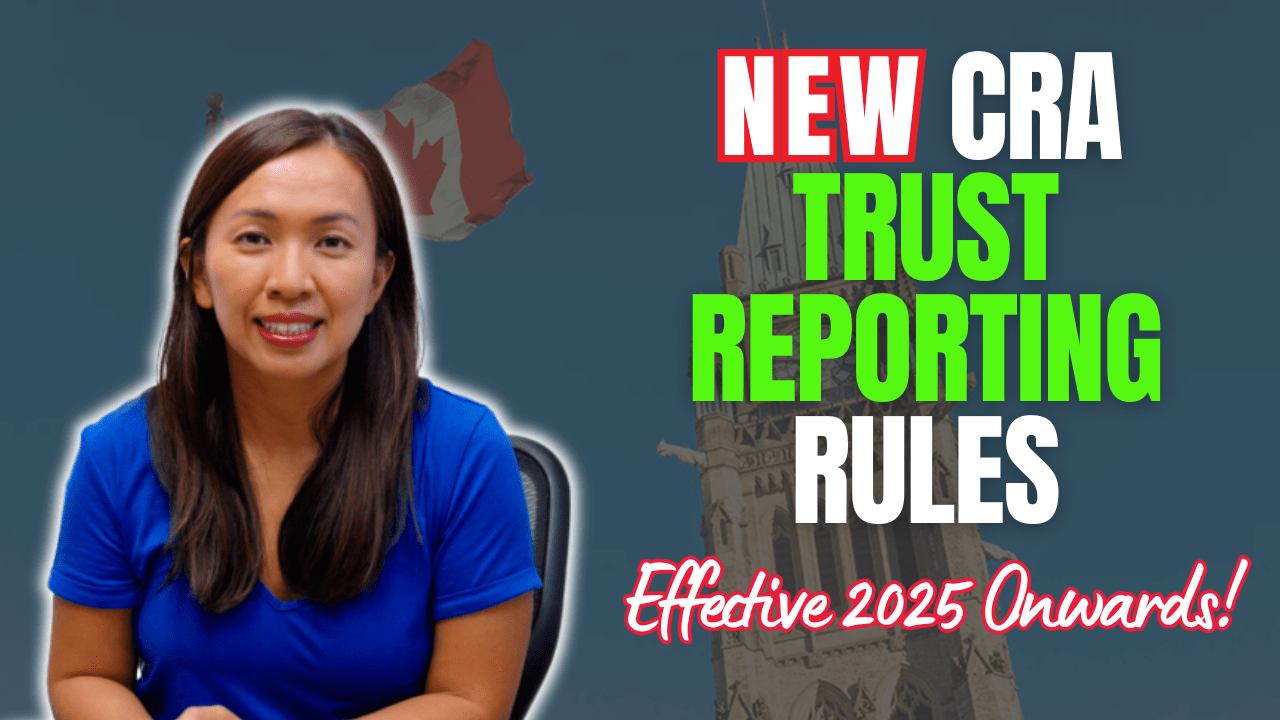
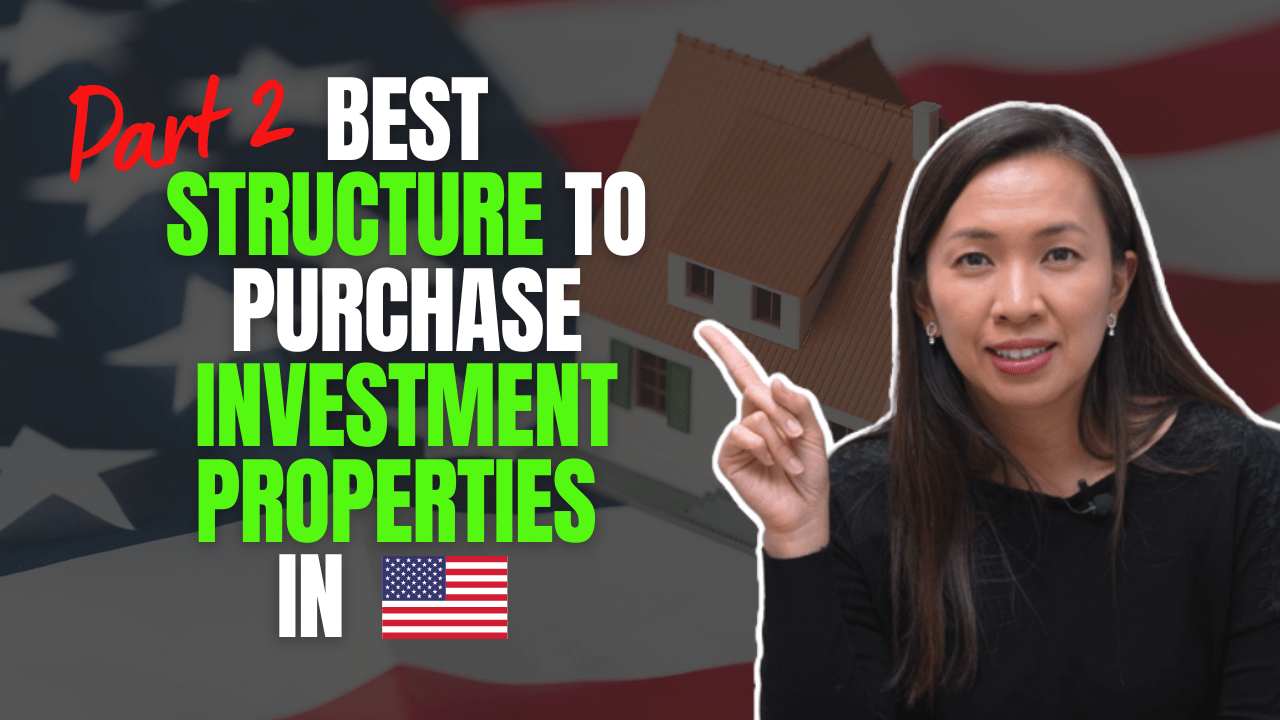
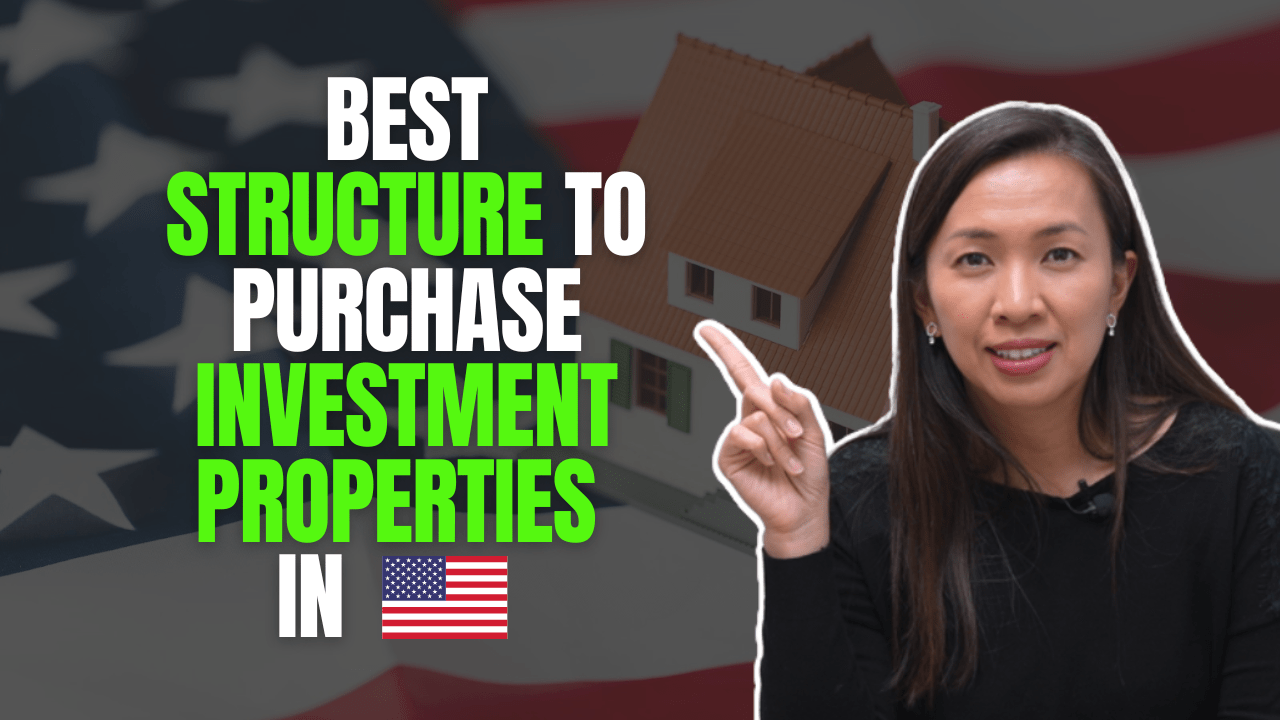
Braiden Harvey
Thank you great read!
Braiden Harvey